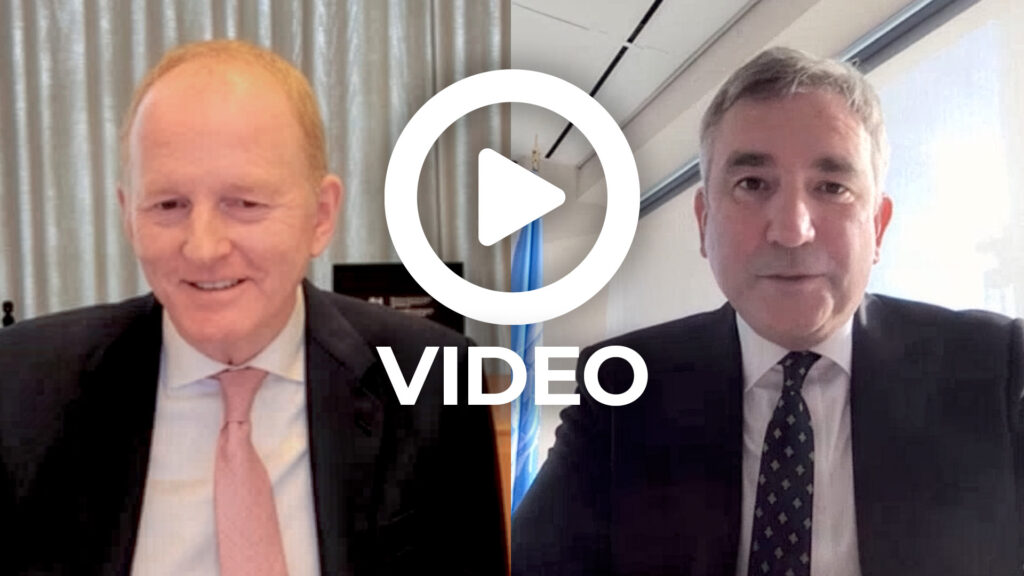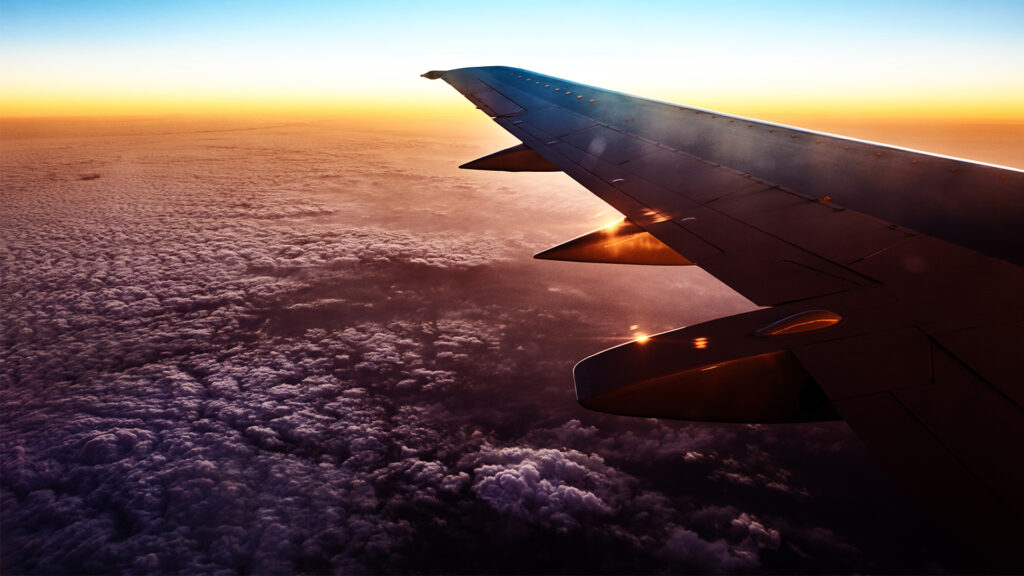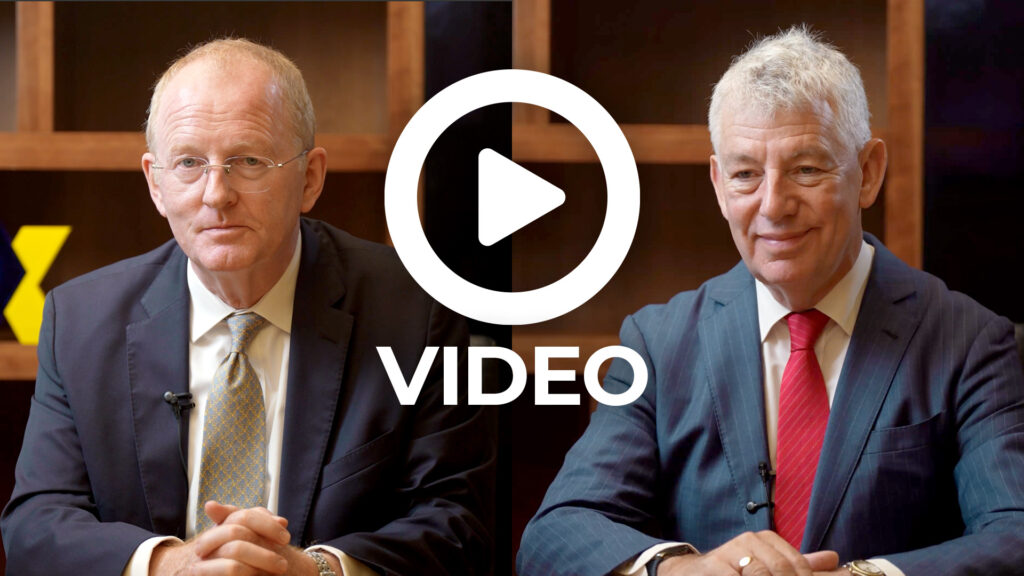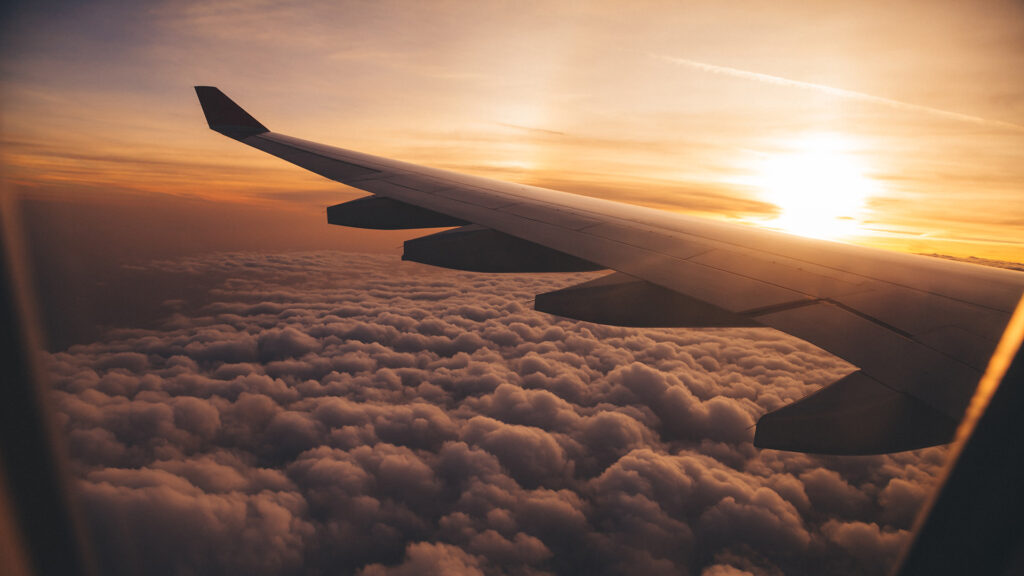
The EU ETS: airline surcharges and antitrust law – a case of déjà vu
The Commission will be keen to see full compliance with EU ETS and to see its decision to add aviation to ETS vindicated, whilst the airline industry is faced with significant added operational costs as a result of being required now to participate in EU ETS. Surcharging is one means of combating the additional cost but care should be taken in introducing surcharges to avoid the potential pitfalls of anti-trust law.
Following the extension of the EU Emissions Trading Scheme (the “EU ETS”) to airlines operating flights to and from countries in the EU on 1 January 2012, a number of airlines have announced new passenger surcharges.
Airlines would be advised to take care in announcing surcharges to avoid any implications that some form of private agreement has been reached, and should also be careful to ensure that any public announcements do not appear designed to coordinate a pricing response to the EU ETS.
A sense of déjà vu
Several airlines have announced similar surcharges said to be intended to recover the costs that the airlines now incur in order to comply with the EU ETS.
The coordinated imposition of surcharges by airlines and freight forwarders has been a subject of antitrust infamy on both sides of the Atlantic over the previous ten years:
- In 2010, the European Commission (the “Commission”) imposed fines totalling €799,445,000 on 11 air cargo airlines (including Air France, Air Canada, British Airways, and Singapore Airlines). The Commission found that the airlines had coordinated their action on surcharges for fuel and security, without discounts, over a six year period, terminating in February 2006.
- The Commission is also separately investigating freight forwarding companies in relation to coordination on surcharges for fuel and security, without discounts, over a six year period.
- The Office of Fair Trading in the United Kingdom is separately pursuing British Airways in connection with fuel surcharges on passenger flights across the Atlantic imposed by it and Virgin.
- The same offences have been prosecuted by the antitrust authorities in the US, with companies facing large fines and damages actions by consumers, and prison sentences have been imposed on executives.
The actions of airlines may attract the attention of the European authorities
The issue of surcharges in relation to the EU ETS may provoke a response from the Commission:
- The introduction of surcharges at the same time and at similar levels could be viewed as being consistent with an agreement between airlines which might amount to an infringement of the competition rules, along similar lines to previous surcharges cases.
- The Commission expects the cost of complying with the ETS to become one of the parameters of competition between airlines, harnessing competitive forces to drive further reductions in CO2 emissions by aircraft flying to and from the EU. If clusters of airlines are perceived instead to be passing the costs of compliance on to consumers, that may be seen as an attempt to undermine the potential for CO2 emissions to be reduced through a competitive process.
- Recently announced surcharges have been reported as being in excess of the actual cost of complying with the EU ETS. That will be vehemently disputed by the airline industry for whom the EU ETS represents a very significant added financial burden (and/or places severe restrictions on their ability to maintain and develop their operations). However, there is a risk of attracting attention from the Commission if the misleading impression is created that surcharging is providing airlines with a windfall from consumers.
Taken cumulatively, these considerations may expose airlines to a detailed antitrust scrutiny of the manner in which decisions to increase surcharges are taken.
When will the announcement of identical surcharges amount to an antitrust infringement?
Under EU law, agreements or concerted practices between businesses which have the restriction of competition as their object or effect are illegal. The most egregious types of infringement include price fixing (“object” infringements), such as the agreements reached between competitors to introduce surcharges in the airline freight forwarding sectors, set out above.
The introduction of identical surcharges by airlines at near identical times could be deemed to amount to cartel activity, if the collective actions are considered to constitute a form of agreement, as defined by EU antitrust law.
An anti-competitive agreement can involve direct or indirect contact between competitors, the object or effect of which is to influence conduct on the market of an actual or potential competitor. The contact can be one-way in nature, whereby one company communicates its future strategy on the market to another. Such a communication may be deemed to constitute an agreement between both companies (and both companies could face sanction).
The nature and form of the contact will determine whether or not the contact amounts to an agreement. EU competition law does not deprive companies of the right to adapt themselves intelligently to the existing or anticipated conduct of their competitors. To this end, where a company makes a unilateral announcement which is genuinely public, and its competitors react to this news by following the conduct announced by the company, this generally will not constitute an agreement for the purposes of EU antitrust law. A genuinely public announcement would be one which is easily available to all customers and competitors of the company making the announcement.
The Commission does however reserve its right to pursue public exchanges of information between competitors where it considers that the reciprocal announcements constitute a proxy for reaching a common understanding on the strategy to be adopted. This type of exchange is more likely in oligopolistic markets in which there are a few large players.
Under EU antitrust law, relevant markets for airlines are defined on the basis of origin and destination points (O&D markets). Each O&D market will likely have a handful of airlines operating on it, leaving the market vulnerable to a reduction in competition as a result of information exchanges between competitors, potentially even if these exchanges are public in nature.
In the case of public announcements on surcharges in response to the introduction of the ETS, airlines may be able to counter any suggestion of agreement through public announcements alone by pointing to the fact that they are each responding to the introduction of the ETS on 1 January 2012. This fact may be relied on to explain why announcements are made at approximately the same time. However, further explanation may be required if the focus is rather on the announcement of identical surcharge amounts.
Implications for airlines
If non-public exchanges of information take place between airlines in relation to pricing responses to the EU ETS, there is a danger that such exchanges could be in breach of the EU antitrust rules, in a similar manner to previous anti-competitive agreements over surcharges.
Even if there are no private communications, and surcharge announcements are the result of each airline responding to the public announcements of another airline, there could still be antitrust scrutiny if the implementation of surcharges gives any impression of being co-ordinated. This is particularly the case given the political climate, in which the Commission hopes to see the ETS become a tool for the reduction of CO2 emissions, rather than as a cost which is simply passed on to consumers.
Airlines considering the implementation of surcharges should take particular care to assess whether their actions will raise suspicions. They should ensure that their decisions on surcharges are taken in a demonstrably independent manner.
The Commission’s investigative powers enable it to conduct dawn raids on premises within the EU. In recent years, where premises have been located within the United States, the Commission has acted in concert with US authorities, conducting simultaneous dawn raids. Whether the US authorities (who strongly oppose the extension of the EU ETS to airlines) would be interested in participating in such an investigation is unclear.
Enforcement action by European authorities could lead to the imposition of substantial fines, as well as other sanctions such as director disqualification and possible criminal prosecutions (by certain national authorities). Airlines who are concerned that they may have been involved in an infringement can avoid liability through the Commission’s leniency programme, by blowing the whistle on any anti-competitive activity.
Holman Fenwick Willan’s antitrust, competition and regulatory team has considerable experience of Commission investigations into surcharges in the airline and freight forwarding sectors. Members of the team have successfully advised airlines who have avoided sanction by the Commission, and who have made successful leniency applications to the Commission and to national competition authorities.
Download a PDF version of ‘The EU ETS: airline surcharges and antitrust law – a case of déjà vu’










-1024x683.jpg)
